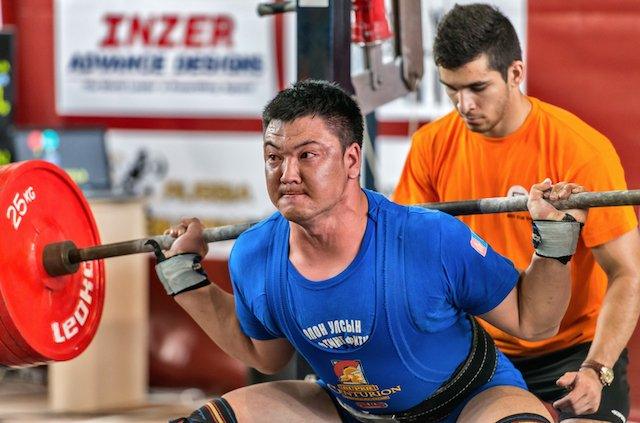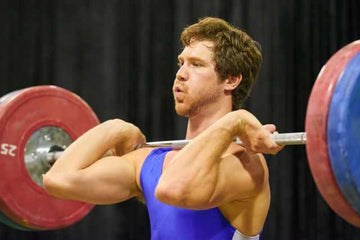

Do Smelling Salts Enhance Muscle Strength?
Table of Contents
If you have ever been to a powerlifting meet, it’s not uncommon to see a powerlifter psyching himself up before a big lift by smelling ammonia or smelling salts. A recent survey of 256 international powerlifters competing in the International Powerlifting Federation found that 50 % of lifters reported using ammonia inhalants during competition. When ammonia is inhaled, the compound causes irritation to nerve endings in the nose, the mucus membranes of the nasal cavity, and the lungs. This is thought to lead to a transient increase in respiration rate and heart rate, as well as enhanced alertness which can result in increased maximal strength.
Ammonia is used as a stimulant in strength based sports to enhance arousal and offset fatigue. However, little is known about its physiological and performance effects. A previous study reported no effect of ammonia inhalation of ammonia inhalation on the number of repetitions completed during the bench press and back squat at 85 % of one-repetition maximum (1 RM). However, these submaximal loads are not representative of the maximal efforts made in powerlifting. Researchers wanted to examine if ammonia could improve maximal 1-RM strength.
Participants underwent two trials. The first trial investigated the brain and cardiovascular response to ammonia inhalation at rest and maximal exercise. During the maximal exercise trial, participants performed a maximal single mid-thigh pull at various time points following ammonia inhalation in a randomized order: maximal strength tests were conducted immediately after 15, 30 and 60 seconds following ammonia inhalation. The ammonia capsule consisted of 0.3mL of ammonia inhalant, made up of 35% alcohol and 15% ammonia.
At the end of the study, despite increases in brain and cardiovascular responses to ammonia inhalation, no change in performance was observed. The researchers found that consistent with previous findings, there was no effect of ammonia inhalation on force production or EMG amplitude of the vastus lateralis during the exercise at any time point. Heart rate was elevated 15 seconds following inhalation of ammonia demonstrating the stimulant effect of ammonia on heart rate and also the brain. However, this response was not associated with improvements in maximal force development, irrespective of the timing between inhalation of ammonia salts.
Key Points: Despite an increase in heart rate, smelling salts did not increase maximal strength.

















